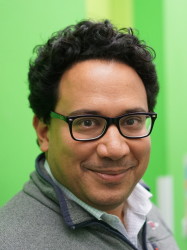BibTex format
@inproceedings{Wannawas:2023:10.1109/ner52421.2023.10123831,
author = {Wannawas, N and Faisal, AA},
doi = {10.1109/ner52421.2023.10123831},
pages = {1--4},
publisher = {IEEE},
title = {Towards AI-controlled FES-restoration of arm movements: neuromechanics-based reinforcement learning for 3-D reaching},
url = {http://dx.doi.org/10.1109/ner52421.2023.10123831},
year = {2023}
}

